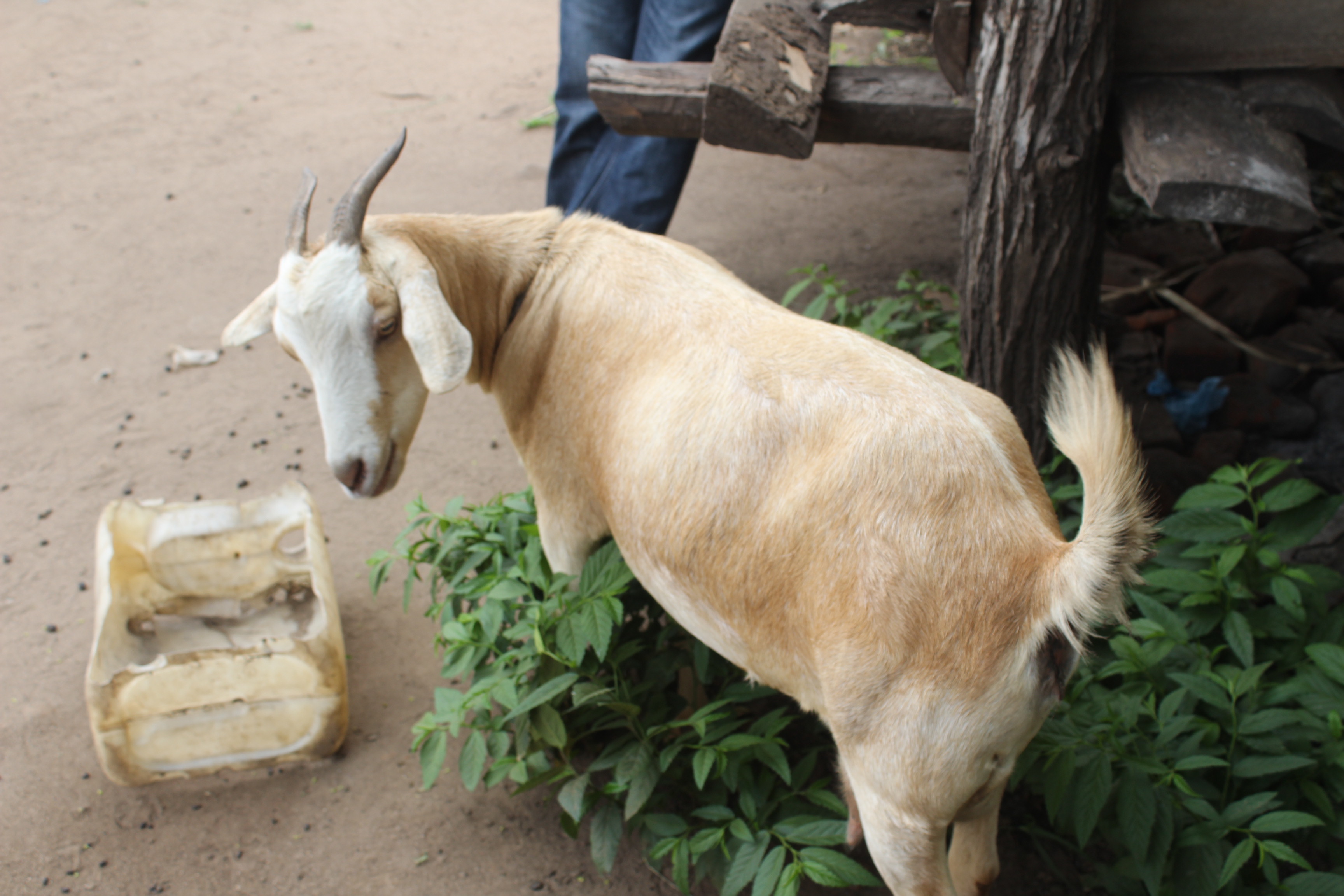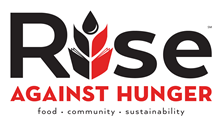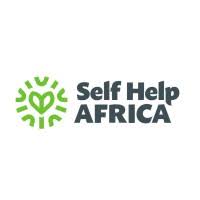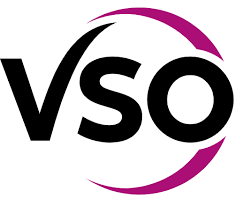SUSTAINABLE LIVELIHOOD
This is one of FOCUS’s programmes that focuses on the socio-economic part of human being so that their social needs are met
and improved. This includes areas around: Food Security (Nutrition and Economic enhancement); Climate Change Adaptation
(DRM); Natural Resources Management; Energy for Community and Productive use; Water and Sanitation (WATSAN); and promoting
Safe Schools and Inclusive Education. The programme provides a comprehensive package looking at the wholistic approaches that
ensures improving the lives of people FOCUS is working with in the communities. FOCUS appreciates the low-income levels that
the communities have and also food insecurity that is prevalent due to a number of reasons.
FOCUS does ways of addressing food insecurity, nutrition deficiency and low income amongst households through various
interventions.FOCUS through its Livelihoods line staff advocates for; crop and dietary diversification; provision of planting
materials; promotion of economic empowerment (Village Savings and Loans); agro biodiversity; small scale irrigation and
small-scale livestock production. Karonga district has been declared as a disaster prone area by VAC Malawi and Chitipa too had
been experiencing some disasters in recent years. This history has been evidenced over years when Karonga was hit by an earth
quake, floods and drought and Chitipa was also hit by an earth quake, and drought and landslides in Misuku hills.
The Livelihoods framework aims to contribute achieving the following outcomes:
-
More income: Although income measures of poverty have been much criticised, people certainly continue to seek a
simple increase in net returns to the activities they undertake and overall increases in the amount of money coming
into the household (or their own pocket). Increased income also relates to the idea of the economic
sustainability of livelihoods.
-
Increased well-being: In addition to income and things that money can buy, people value nonmaterial goods.
Their sense of well-being is affected by numerous factors, possibly including: their self-esteem, sense of control
and inclusion, physical security of household members, their health status, access to services, political enfranchisement,
maintenance of their cultural heritage, etc.
-
Reduced vulnerability: Poor people are often forced to live very precariously, with no cushion against
the adverse effects of the Vulnerability Context; their livelihoods are to all intents and purposes
unsustainable. For such people, reducing their vulnerability to the downside and increasing the overall
social sustainability of their livelihoods may well take precedence over seeking to maximise the upside.
-
Improved food security: Food insecurity is a core dimension of vulnerability. It appears as a separate
category in the framework in order to emphasise its fundamental importance, and because this helps
to locate the activities of those governments and donors that focus on food security. It is also
worth noting that participatory poverty assessments have shown hunger and dietary inadequacy to be
a distinct dimension of deprivation.
-
More sustainable use of the natural resource base: Environmental sustainability, or sustainability
of the natural resource base, is not the only dimension of sustainability that is important to DFID. However,
it is a major concern that is not adequately captured in the other livelihood outcome categories.
Although often viewed as a donor objective, it is of course shared by many who recognise the long-term
benefits of prudent resource use.
In response to these key strategic issues, FOCUS implemented and successfully achieved the following
Projects inorder to contribute to sustainable community resilience in Karonga, Chitipa and Mzimba.
-
Project Title: Harvesting Prosperity and Resilience Project in Karonga and Mzimba.
Location: Karonga and Mzimba
Funded by: Rise Against Hunger.
Project start and finish date: April 2019 to December 2021.
Project Activities:To strengthen the capacities of local structures to effectively coordinate and ensure project
sustainability by Decemberl 2021; To increase crop production and diversification among 3,100 smallholder farmers in
Karonga and Mzimba districts through the adoption of improved and climate-smart agricultural methods by December 2021;
To improve the nutritional status of 3,100 smallholder farmers and their households in Karonga and Mzimba districts by
December 2021; To build the capacities of 3,100 smallholder farmers in Karonga and Mzimba districts to adapt to climatic
variations and hazards by December 2021; To enhance the incomes of 3,100 smallholder farmers through the promotion of
small-scale livestock production, market linkages and VSLs by December 2021.
-
Project Title:Farm Enterprise Development for Food and Economic Security.
Location: Chitipa District T/A Mwabulambya in Lufita and Mwamkumbwa EPAs.
Funded by:Irish Aid through Self Help Africa
Project start and finish date: 2010 to 2016.
Project Activities:Provision of seed crops on pass on system; Provision of small scale live stocks;
establish and support small holder farmer cooperatives to access stable markets; establishment of village savings and
loans groups.
-
Project Title:DISCOVER- Developing Innovative Solutions with Communities to Overcome Vulnerability through Enhanced Resilience.
Location: Karonga.
Funded by:DFID, Irish Aid and Norwegian government through Self Help Africa
Project start and finish date: 2010 to 2016.
Project Activities:Provision of Crop and small livestock for production; Economic empowerment through VSLAs;
Creation and support of Market Association for smallholder farmers; Production of clean cook stoves; Capacity building for
farmers in climate smart agriculture.











